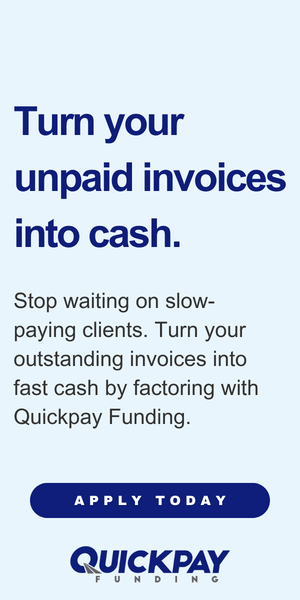Double brokering is a serious problem in the freight transportation industry, causing significant headaches for shippers, brokers, and carriers alike. It occurs when a freight broker, after accepting a load from a shipper, re-brokers that same load to another carrier without the knowledge or consent of the original shipper. This can lead to a cascade of issues, including delays, damaged goods, and financial losses. In this article, we’ll delve into the intricacies of double brokering, explain how to identify it, and provide strategies to protect yourself from this unethical practice.
What is Double Brokering?
Double brokering is when a freight broker tenders a load to a carrier, but the carrier turns around and reassigns the load to another carrier without the original broker’s knowledge or consent. The carrier that originally accepted the load is acting as a second broker, hence the name “double brokering”. This practice can also result in delays, damages, and other issues if the second broker or carrier is not qualified or experienced enough to handle the shipment.
Double Brokering vs. Co-brokering: Understanding the Difference
It’s important to distinguish double brokering from co-brokering. Co-brokering is a legitimate and transparent practice where two brokers collaborate to move a shipment, with the full knowledge and consent of the shipper. This often occurs when one broker lacks the capacity or specialized equipment to handle a particular load. In co-brokering, all parties are aware of the arrangement, and responsibilities are clearly defined.
How to Identify and Avoid Double Brokering
Whether you’re a shipper, broker, or carrier, here are some crucial steps to protect yourself from double brokering:
For Shippers:
- Thoroughly Vet Brokers: Before entrusting your freight, verify the broker’s credentials. Check their MC and DOT numbers on the Federal Motor Carrier Safety Administration (FMCSA) website. Request a copy of their operating authority and insurance certificates.
- Establish Clear Contracts: Always use a detailed contract that explicitly outlines the terms of the shipment, including any restrictions on re-brokering.
- Maintain Open Communication: Stay in close contact with your broker and track your shipment proactively.
- Be Wary of Unusually Low Rates: If a quote seems too good to be true, it probably is. Extremely low rates can be a red flag for potential double brokering.
For Carriers:
- Verify Broker Identity: Confirm the broker’s legitimacy using the FMCSA’s SAFER website. Look for any red flags like negative reviews or complaints.
- Insist on Written Agreements: Never rely on verbal agreements. Get everything in writing, including the agreed-upon rate, payment terms, and any subcontracting arrangements.
- Confirm Shipper Information: Verify the shipper’s identity and contact details independently.
- Beware of “Blind Loads”: Be cautious of loads where the broker refuses to disclose the shipper’s information. This could be a sign of double brokering.
For Brokers:
- Partner with Reputable Carriers: Work with carriers you know and trust. Vet new carriers carefully.
- Use Technology: Utilize transportation management systems (TMS) with carrier monitoring and tracking features.
- Maintain Transparent Communication: Keep your shipper clients informed about all aspects of the shipment.
Quickpay Funding’s Role in Preventing Double Brokering
At Quickpay Funding, we help brokers, carriers, and shippers avoid double brokering by conducting extensive due diligence on their clients before financing their invoices. We verify the legitimacy of both carriers and brokers and check their creditworthiness and payment history. By doing so, we can identify potential double brokering scams and avoid financing invoices for illegitimate loads. This helps brokers and carriers to avoid the risks and costs associated with double brokering and ensures that they are paid on time for their services. Our due diligence process is thorough, reliable, and provides peace of mind to brokers and carriers who use our freight factoring services.




